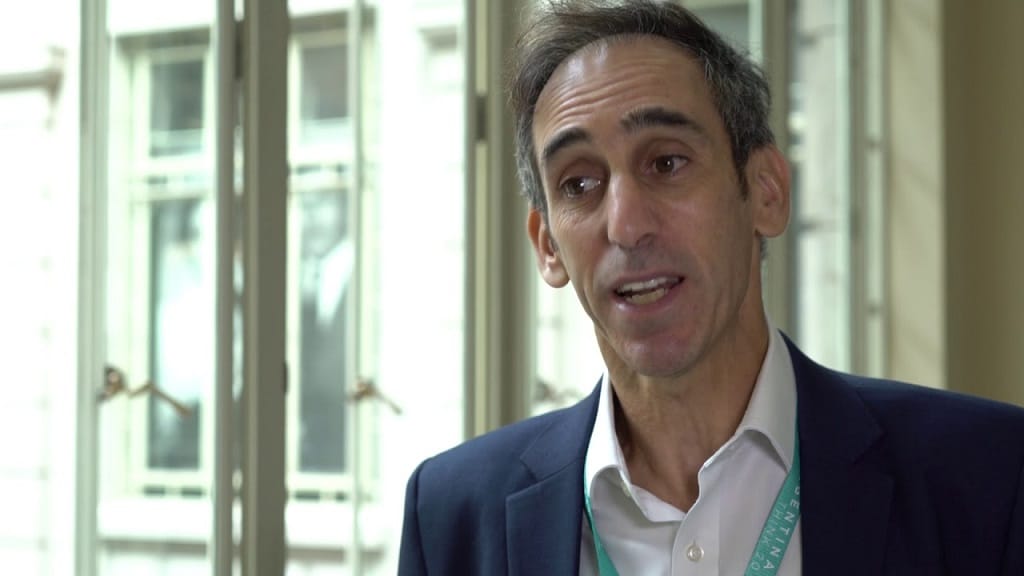USC, CETF Collaborate on Research for Broadband Affordability
Advisory panel includes leaders in broadband and a chief economist at the FCC.
Ahmad Hathout

WASHINGTON, September 22, 2021 – Researchers from the University of Southern California’s Annenberg School and the California Emerging Technology Fund is partnering to recommend strategies for bringing affordable broadband to all Americans.
In a press release on Tuesday, the university’s school of communications and journalism and the CETF will be guided by an expert advisory panel, “whose members include highly respected leaders in government, academia, foundations and non-profit and consumer-focused organizations.”
Members of the advisory panel include a chief economist at the Federal Communications Commission, digital inclusion experts, broadband advisors to governors, professors and deans, and other public interest organizations.
“With the federal government and states committing billions to broadband in the near term, there is a unique window of opportunity to connect millions of low-income Americans to the infrastructure they need to thrive in the 21st century,” Hernan Galperin, a professor at the school, said in the release.
“However, we need to make sure public funds are used effectively, and that subsidies are distributed in an equitable and sustainable manner,” he added. “This research program will contribute to achieve these goals by providing evidence-based recommendations about the most cost-effective ways to make these historic investments in broadband work for all.”
The CETF and USC have collaborated before on surveys about broadband adoption. In a series of said surveys recently, the organizations found disparities along income levels, as lower-income families reported lower levels of technology adoption, despite improvement over the course of the pandemic.
The surveys also showed that access to connected devices was growing, but racial minorities are still disproportionately impacted by the digital divide.
The collaboration comes before the House is expected to vote on a massive infrastructure package that includes $65 billion for broadband. Observers and experts have noted the package’s vision for flexibility, but some are concerned about the details of how that money will be spent going forward.









Member discussion